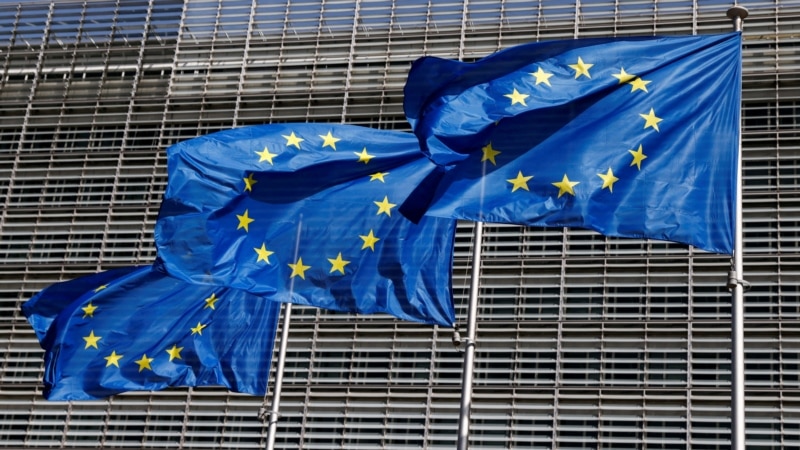Envoys from the European Union’s 27 member countries will meet on Tuesday to start debating whether to launch membership talks with Ukraine, officials and diplomats said, something Hungary has threatened to block and others to saddle with more conditions.
The meeting marks the start of preparations among the 27 for a December 14-15 summit of the EU’s leaders that is due to decide on integration prospects for Ukraine, Moldova, Georgia and Bosnia.
The European Commission, the EU executive, has proposed that the summit agree to start negotiations with Ukraine — possibly in March or once Kyiv meets final conditions — a coveted prize for a former Soviet republic that has been struggling to repel a full-blown Russian military invasion for nearly two years.
Specifically, the Tuesday meeting will discuss a draft agreement of the summit, which is also expected to decide on a related proposal to extend $54.10 billion in budget support to Kyiv through 2027.
No final decisions are expected on Tuesday, but the initial exchange among the member states will give a sense of how likely, or not, the summit is to give the green light to Ukraine.
EU diplomats and officials said the first draft prepared for discussion was bound to change.
The initial draft, dated December 4 and seen by Reuters on Monday, reads, “The European Council decides to open accession negotiations with Ukraine and with Moldova.”
For Georgia, it said the Caucasus republic would get EU candidate status “on the understanding” that Tbilisi implements outstanding conditions.
For Bosnia, the initial draft stated the bloc was “ready to open EU accession negotiations … once the necessary degree of compliance with the membership criteria is achieved.”
All three decisions would require unanimous backing of the 27 EU countries. In the case of Ukraine, Hungary has threatened to bar that.
“In our perception, no conditions for Ukraine to start accession talks are met,” Hungarian government spokesman Zoltan Kovacs told journalists separately on Monday.
“How can [we] talk about the accession of a country that has been in the last two years at war, with public administration working only thanks to foreign money, with the level of corruption, with 20% of the country occupied. … How can anyone suggest the country is ready for accession talks?”
In what was widely seen as a bid to convince Budapest to back Ukraine, the commission announced in recent days that it would unlock billions in EU aid to Hungary that had been frozen over rule of law concerns, including corruption.
The chairman of EU summits, European Council President Charles Michel, also traveled to Budapest last week, but there was no immediate sign that he managed to sway Kovacs’ boss, Hungarian Prime Minister Viktor Orban, on Ukraine.
One EU diplomat said Michel left Budapest “empty-handed,” while an official with the bloc said on Monday it was “very, very difficult” to secure among all 27 a deal to launch membership talks with Ukraine.
Further complicating the picture, some other EU countries have demanded that the summit advance the EU prospects of Georgia and Bosnia in exchange for their support for Ukraine, according to sources in EU hub, Brussels.

